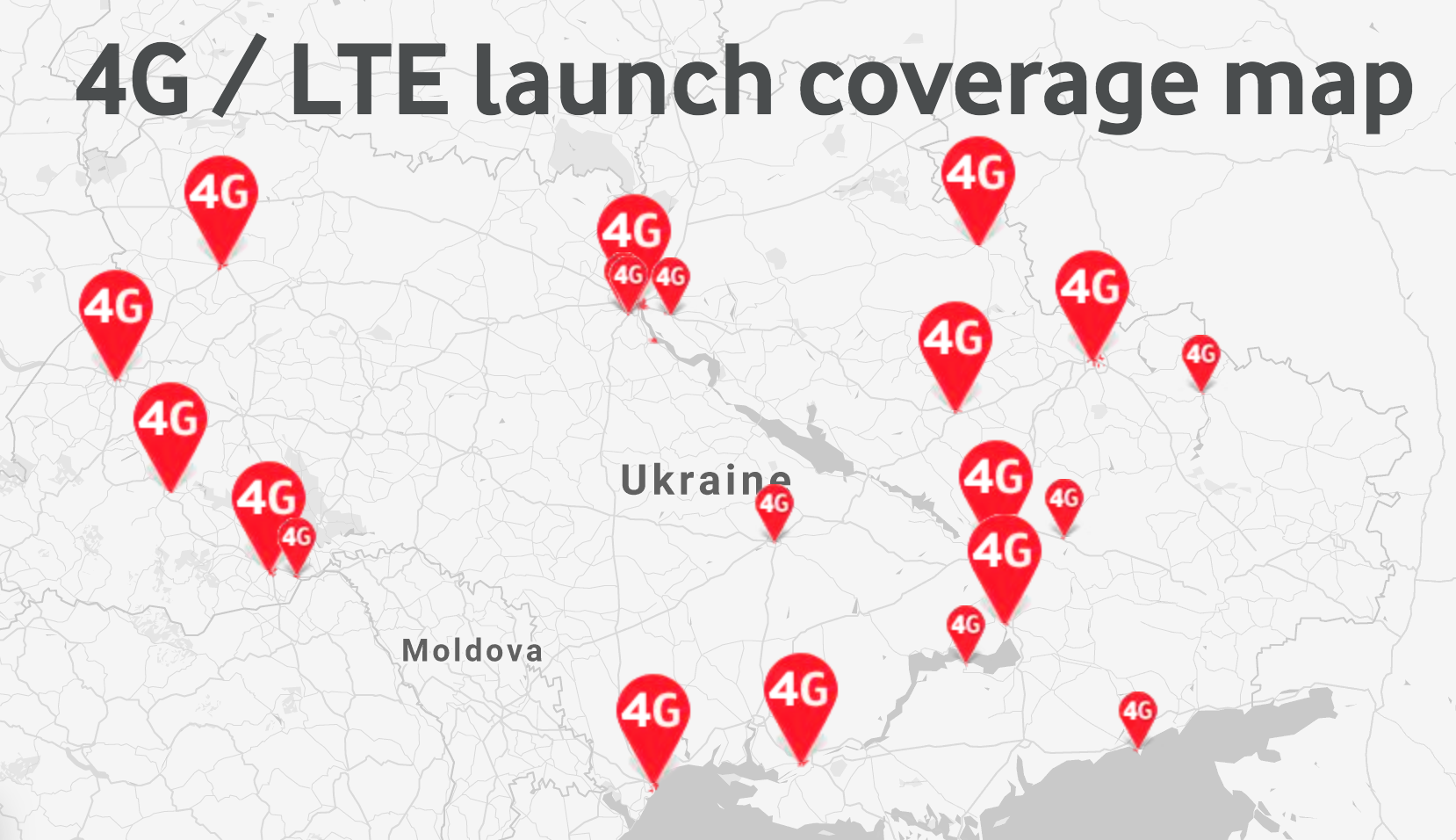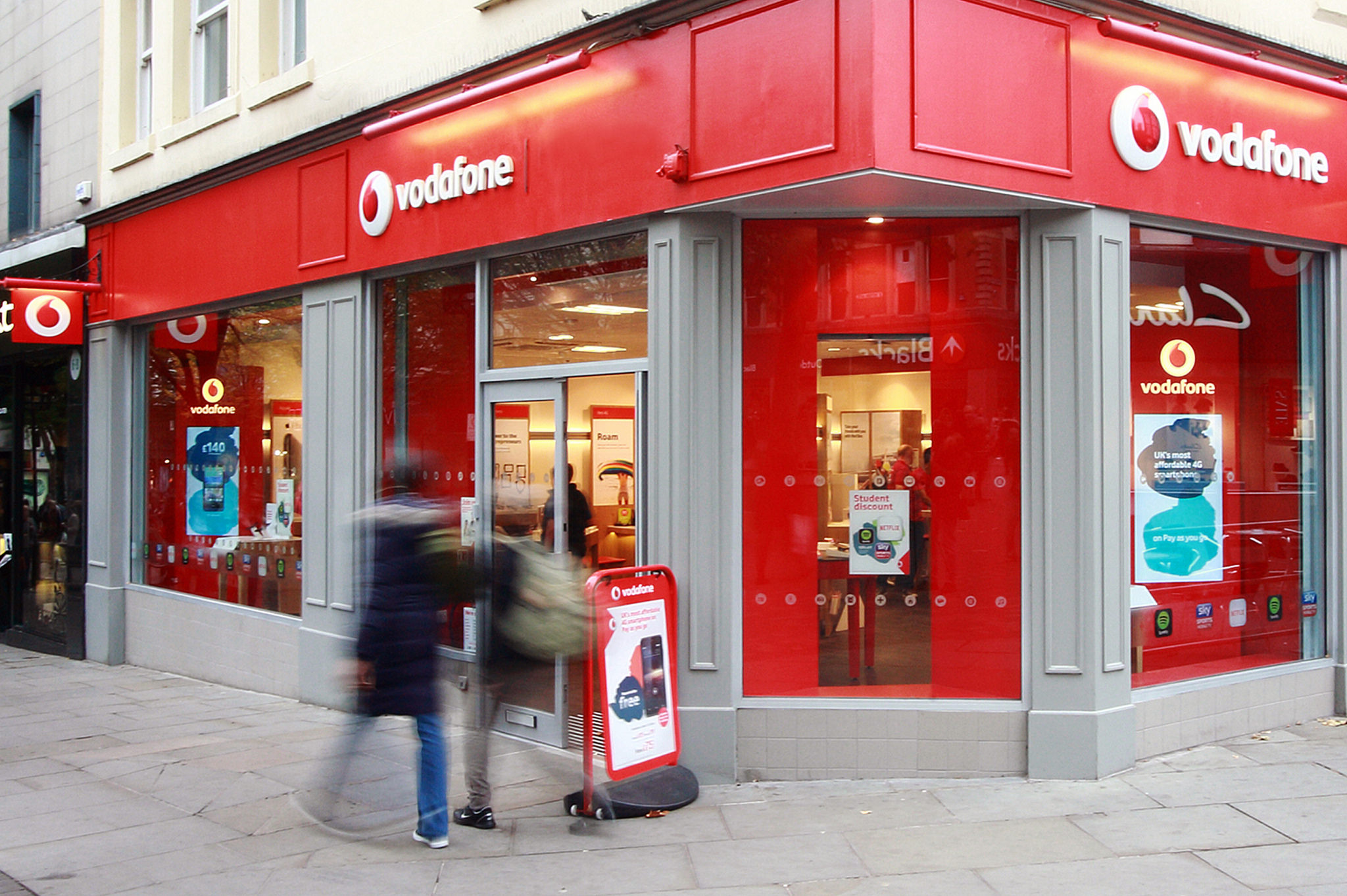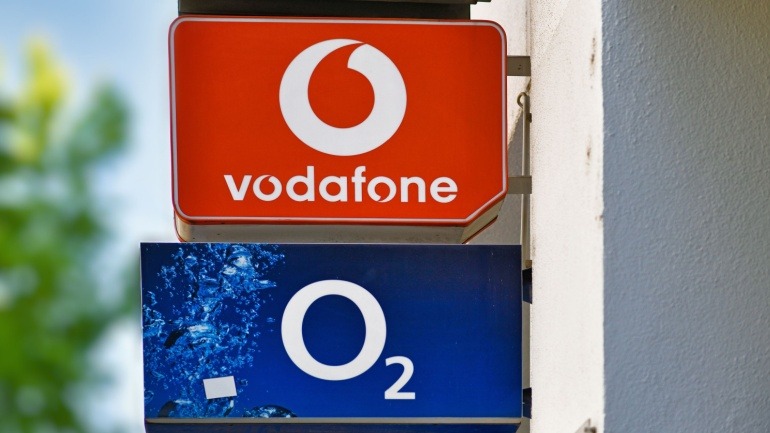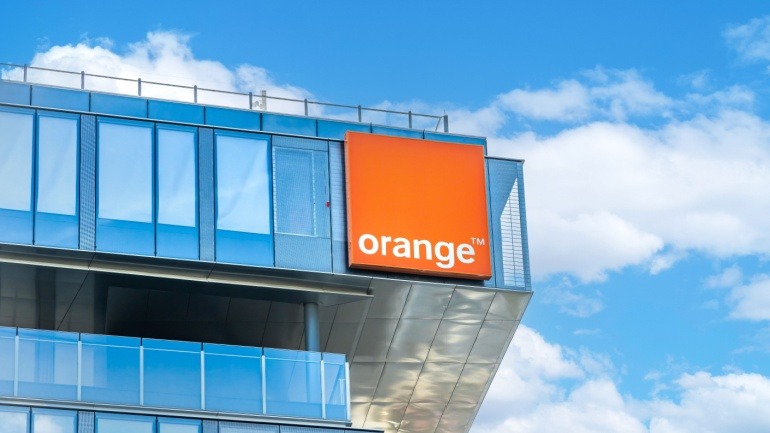The mobile operator, Vodafone Ukraine, intends to launch their 4G network for the 1800 MHz band on 1 July, 2018. The expansion of the 1800 MHz band network will allow Vodafone to cover a wider territory, enabling access for millions of Ukrainians to 4G mobile Internet. This fourth generation service will be available in 50 settlements across 10 main regions of Ukraine: Kiev, Dnipropetrovsk, Kharkiv, Zaporizhzhia, Odessa, Mikolayiv, Poltava, Sumi, Kirovograd and Kherson. Besides the advantage of wider coverage, Vodafone is excited about the higher speed, improved connection stability and faster network response times for their mobile users. The other two major Ukrainian operators, LifeCell and Kyivstar, who won the 1800 MHz 4G LTE mobile license along with Vodafone at an auction held this March, will also be introducing similar services in early July.
5G will be available for trial in seven cities across the UK. Birmingham, Bristol, Cardiff, Glasgow, Liverpool, Manchester, and London were selected to run the tests on the upcoming network. Those new infrastructures will be running the new 5G at the end of 2018 between October and December. Earlier this year, Vodafone paid £378 million, to get 50Mhz of the 3.4GHz spectrum. Nick Jeffery, Vodafone’s chief executive stated, “We want to make 5G and new fibre broadband services available to consumers and business throughout the UK, delivering a Gigabit society for all. We will also be bringing ultra-fast 4G to several hundred sites in hard to reach rural areas this year, building on our position as the network that offers the best voice coverage in the UK.” Vodafone’s goal is to launch a full 5G service in the UK by 2020, when 5G devices will be available on the market.
Microsoft Teams Phone has rapidly surpassed 26 million PSTN users, showcasing a significant growth in enterprise voice solutions. Despite being adopted by only 6% of its 350 million users, its integration with Dynamics 365 and partnerships with global telecoms enhance its appeal. With businesses seeking unified communications, Microsoft’s strategic roadmap remains crucial.
2025 marked a transformative era for the Test and Measurement sector, with groundbreaking advancements from orbital data centers to photonic AI satellites. A crucial highlight was Vodafone’s collaboration for 5G SA networks, enhancing telecom with automated software. Emerging markets like AI data centers and satellite communications experienced a notable focus shift.
Deutsche Telekom’s recent acquisition of fibre assets marks a pivotal step in enhancing Germany’s VoIP and internet services. By embracing fibre deployment, they aim to replace outdated copper networks and meet the surging demand for high-speed internet. This move highlights their commitment to expanding fibre infrastructure amidst competitive and regulatory challenges.
The UK government is bolstering telecom consumer protection by engaging major operators like BT, Virgin Media O2, and Vodafone to prevent unexpected price hikes in contracts. With the telecom sector’s evolution, emphasizing transparency ensures that consumers can trust their mobile and broadband providers, safeguarding connectivity and fostering digital growth.
O2 Germany has surged to prominence in the telecommunications arena, matching Vodafone Germany in connect magazine’s recent mobile network test. With significant investments in cloud radio access networks and enhanced infrastructure, O2 is redefining mobile connectivity standards. Strategic partnerships with Nokia and Ericsson ensure technological robustness, paving the way for their 4G and 5G advancements.
Orange OpenTech highlights the vital role of AI in transforming the telecom industry. Leaders at the event discuss the integration of AI with 5G and cloud computing, emphasizing improved operations and customer experiences. Despite challenges like data privacy, AI remains essential for growth and innovation in telecommunication.
Europe’s telecommunications landscape is transforming as Deutsche Telekom recalibrates its broadband strategy to combat customer loss. Their approach integrates smarter AI solutions and emphasizes technological harmonization, echoing efforts by fellow giants Orange, Vodafone, and Telefónica. For VoIP enthusiasts, these developments highlight a pivotal moment in connectivity innovation.
Meta and a coalition of leading tech firms, including Google and Microsoft, have completed the infrastructure for the extensive 2Africa submarine network. This massive international subsea project promises to significantly boost internet connectivity across Africa, Asia, and Europe. With enhanced VoIP services, regions can expect accelerated economic growth and improved communication.













